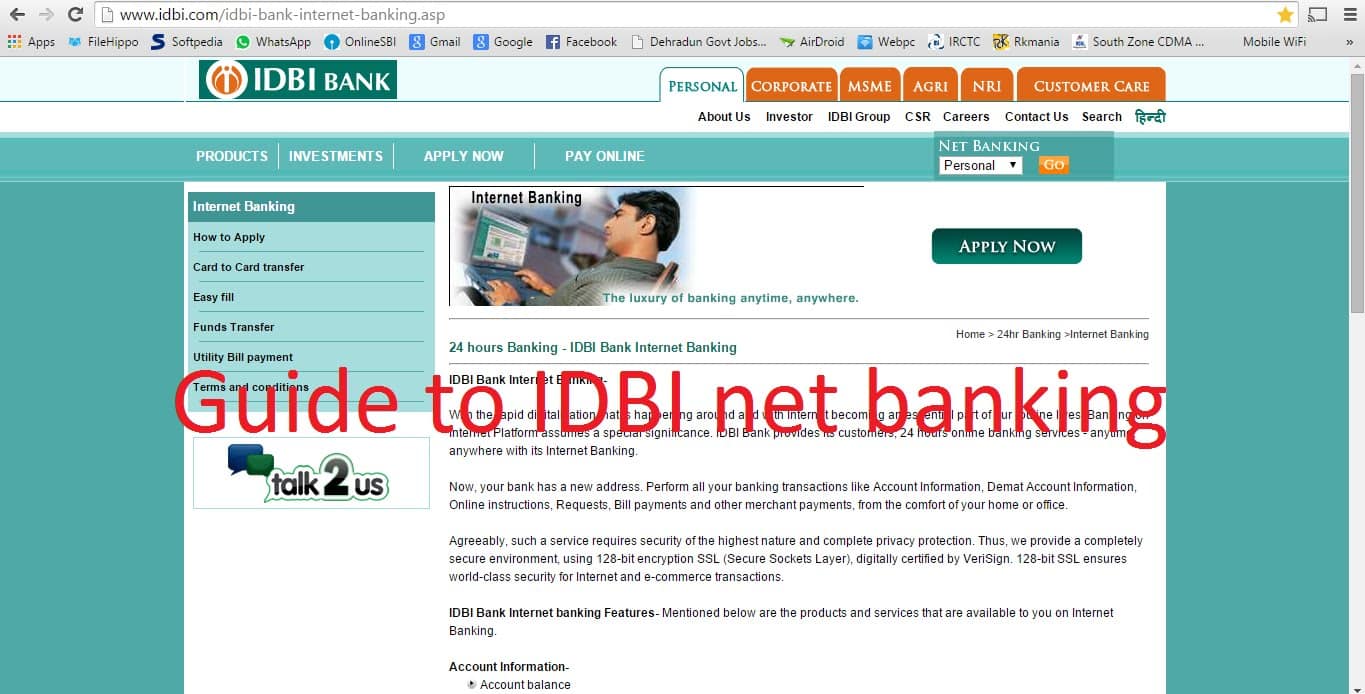Effective credit management is crucial for achieving financial stability and securing a strong financial future. Whether you’re planning major purchases, navigating daily expenses, or building a solid credit history, understanding the best ways to manage credit is paramount. This involves maintaining a healthy credit score, making timely payments, and strategically using credit to your advantage. In this era of financial complexity, a well-managed credit profile not only opens doors to favorable interest rates and loan approvals but also lays the groundwork for long-term financial success. Explore the following strategies to empower yourself with the knowledge and tools needed to navigate the intricacies of credit management wisely.

Best ways to properly manage credit are:
Regularly Monitor Your Credit Report
Regularly monitoring your credit report is a fundamental aspect of responsible financial management. Your credit report is a comprehensive record of your credit history, including details about credit cards, loans, and other financial transactions. By reviewing your credit report regularly, typically at least once a year, you can identify any inaccuracies, discrepancies, or unauthorized activities that may be impacting your credit score.
Monitoring your credit report allows you to promptly address any errors or fraudulent activities, preventing potential damage to your creditworthiness. It provides insight into your financial health, highlighting areas where improvement may be needed and reinforcing positive financial habits. Additionally, staying informed about your credit report helps you detect signs of identity theft or unauthorized access to your accounts.
Pay Bills on Time
Paying bills on time is a cornerstone of effective financial management, playing a pivotal role in maintaining a positive credit history and overall fiscal well-being. Timely bill payments are a key factor in determining your credit score, a numerical representation of your creditworthiness. Consistently paying bills when due demonstrates reliability to creditors and contributes significantly to a higher credit score.
Late payments can have detrimental effects on your credit profile, leading to lowered credit scores and potential penalties, including late fees and increased interest rates. Beyond the immediate financial implications, a history of late payments can make it more challenging to secure favorable terms on loans, credit cards, or other financial agreements. Establishing a habit of paying bills on time requires effective budgeting, financial planning, and organizational skills. Automated payment options and calendar reminders can assist in ensuring punctuality.
Understand Your Credit Utilization
Understanding your credit utilization is a crucial aspect of managing your credit responsibly. Credit utilization is the ratio of your credit card balances to your credit limits, and it plays a significant role in determining your credit score. This ratio is a key indicator of how much of your available credit you’re using, and maintaining a low credit utilization rate is generally associated with a positive credit profile.
Credit scoring models consider both individual and overall credit card utilization. To optimize your credit score, aim to keep your credit card balances well below your credit limits, ideally below 30%. This demonstrates to creditors that you are not overly reliant on credit and can manage your finances prudently.
Regularly monitoring your credit utilization is essential, especially before applying for new credit or loans. High utilization rates can adversely impact your credit score, making it important to pay down balances and manage credit wisely.
Diversify Your Credit Mix
Diversifying your credit mix is a strategic approach to managing your credit profile and enhancing your overall creditworthiness. Credit scoring models often consider the variety of credit accounts in your name when determining your credit score. A diverse credit mix includes different types of credit, such as credit cards, installment loans, and retail accounts, showcasing your ability to responsibly handle various financial obligations.
Having a mix of credit types can positively impact your credit score, as it demonstrates your capacity to manage different financial responsibilities simultaneously. For example, if you have a credit card, an auto loan, and a mortgage, you present a more comprehensive financial history than if you only have one type of credit.
Create a Realistic Budget
Crafting a realistic budget is a fundamental step towards financial stability and success. A budget serves as a detailed roadmap for managing your income and expenses, providing a clear picture of your financial landscape. Start by assessing your monthly income, including wages, bonuses, and any additional revenue streams.
Next, categorize and prioritize your expenses. Essential costs like housing, utilities, groceries, and transportation should be allocated first, followed by discretionary spending on non-essential items or activities. Be honest and realistic about your spending habits, allowing room for occasional indulgences while ensuring the bulk of your income is allocated to necessities.
Build an Emergency Fund
Establishing an emergency fund is a fundamental pillar of sound financial planning and resilience. An emergency fund serves as a financial safety net, providing a buffer against unexpected expenses, job loss, or unforeseen circumstances. Ideally, this fund should cover three to six months’ worth of living expenses, ensuring you have the means to navigate challenging times without resorting to high-interest debt or compromising long-term financial goals.
Building an emergency fund starts with setting a realistic savings goal. Allocate a portion of your income specifically for this purpose, treating it as a non-negotiable expense. Consistent contributions, even if modest initially, accumulate over time, gradually strengthening your financial cushion.
Be Cautious with New Credit Applications
Exercising caution with new credit applications is a prudent financial strategy that can positively impact your credit score and overall financial health. Every time you apply for credit, whether it’s a credit card, loan, or mortgage, a hard inquiry is made on your credit report. Accumulating too many hard inquiries within a short period can temporarily lower your credit score, potentially affecting your ability to secure favorable terms on future credit.
Before applying for new credit, carefully assess your financial situation and the necessity of the credit. Applying only when necessary and avoiding unnecessary inquiries helps maintain a healthier credit profile. Lenders may interpret frequent credit applications as a sign of financial instability, potentially leading to increased interest rates or denials.
Conclusion
In conclusion, effective credit management is essential for maintaining financial stability and achieving long-term success. By implementing strategies such as regularly monitoring your credit report, paying bills on time, understanding your credit utilization, diversifying your credit mix, creating a realistic budget, building an emergency fund, and exercising caution with new credit applications, you can proactively manage your credit profile. These practices foster responsible financial habits, protect your creditworthiness, and pave the way for favorable terms on loans and credit.
Also Read:
- What is Dividend Investing and How to find Dividend Stocks?
- How do new mobile banking apps help access savings account better?
- Financial Advisor in India – The Best for your Financial Planning?
- What is inflation and how it impacts your financial plan?

Hello, I am Tanisha Kriplani, graduated in computer science from Delhi University. I am passionate about web content writing and have a strong interest in Data Analytics and Data Engineering.












